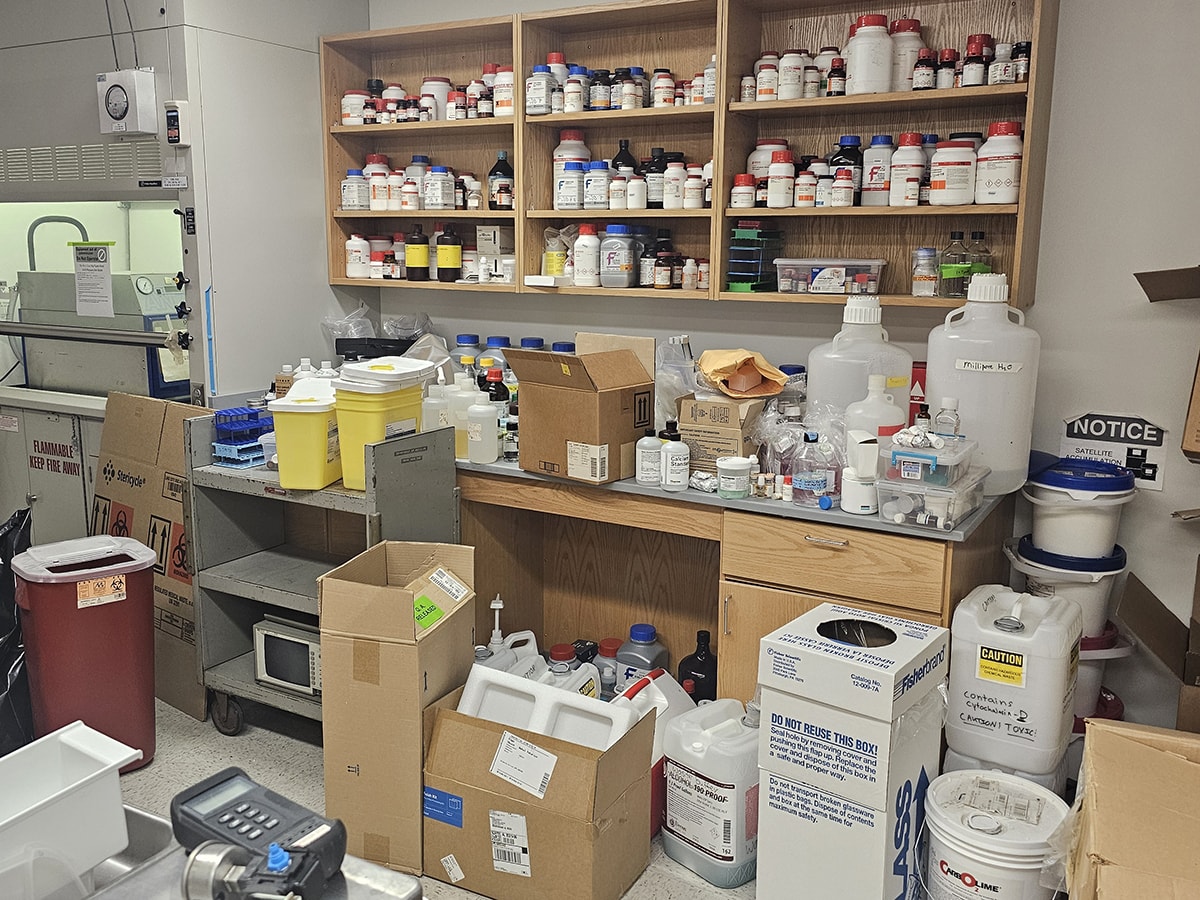 Barbara Gower, PhD, Chair
Barbara Gower, PhD, Chair
At the undergraduate level, we have a B.S. in Nutrition Sciences that delves into the relationships among nutrition, human health, mindfulness, and food as medicine, as well as a minor in Nutrition Sciences. We offer an M.S. in Nutrition Sciences with five tracks covering all angles from clinical to research. And at the doctoral level, we provide training and research experiences in basic and translational nutrition science.
We are proud to have two major NIH-funded research centers — the Nutrition Obesity Research Center and the Diabetes Research Center — plus the UAB Precision Nutrition Clinical Center — one of six clinical centers funded by the NIH Common Fund’s Nutrition for Precision Health (powered by the All of Us Research Program) — and three NIH-funded T32 training grants within our department. With a mixture of in-classroom and online courses, our undergraduate, master’s, and PhD programs are training the next generation of nutrition researchers, educators, dietitians, and practitioners.
Browse Programs
Latest News
-
 FDA approves oral version of weight-loss drug semaglutide, UAB researchers reactMultisite research, including research at UAB, shows that oral semaglutide is nearly as effective as the widely used injectable version for treating obesity, delivering about 13.7 percent average weight loss over 64 weeks.
FDA approves oral version of weight-loss drug semaglutide, UAB researchers reactMultisite research, including research at UAB, shows that oral semaglutide is nearly as effective as the widely used injectable version for treating obesity, delivering about 13.7 percent average weight loss over 64 weeks. -
 UAB BARB Core handles the tough tasks of cleaning out labsThe Bio-Analytical Redox Biology Core’s Professional Lab Cleanout Services team specializes in cleaning out unused lab space and getting it ready for new occupants. Learn more and find out how to book them in this story.
UAB BARB Core handles the tough tasks of cleaning out labsThe Bio-Analytical Redox Biology Core’s Professional Lab Cleanout Services team specializes in cleaning out unused lab space and getting it ready for new occupants. Learn more and find out how to book them in this story.
